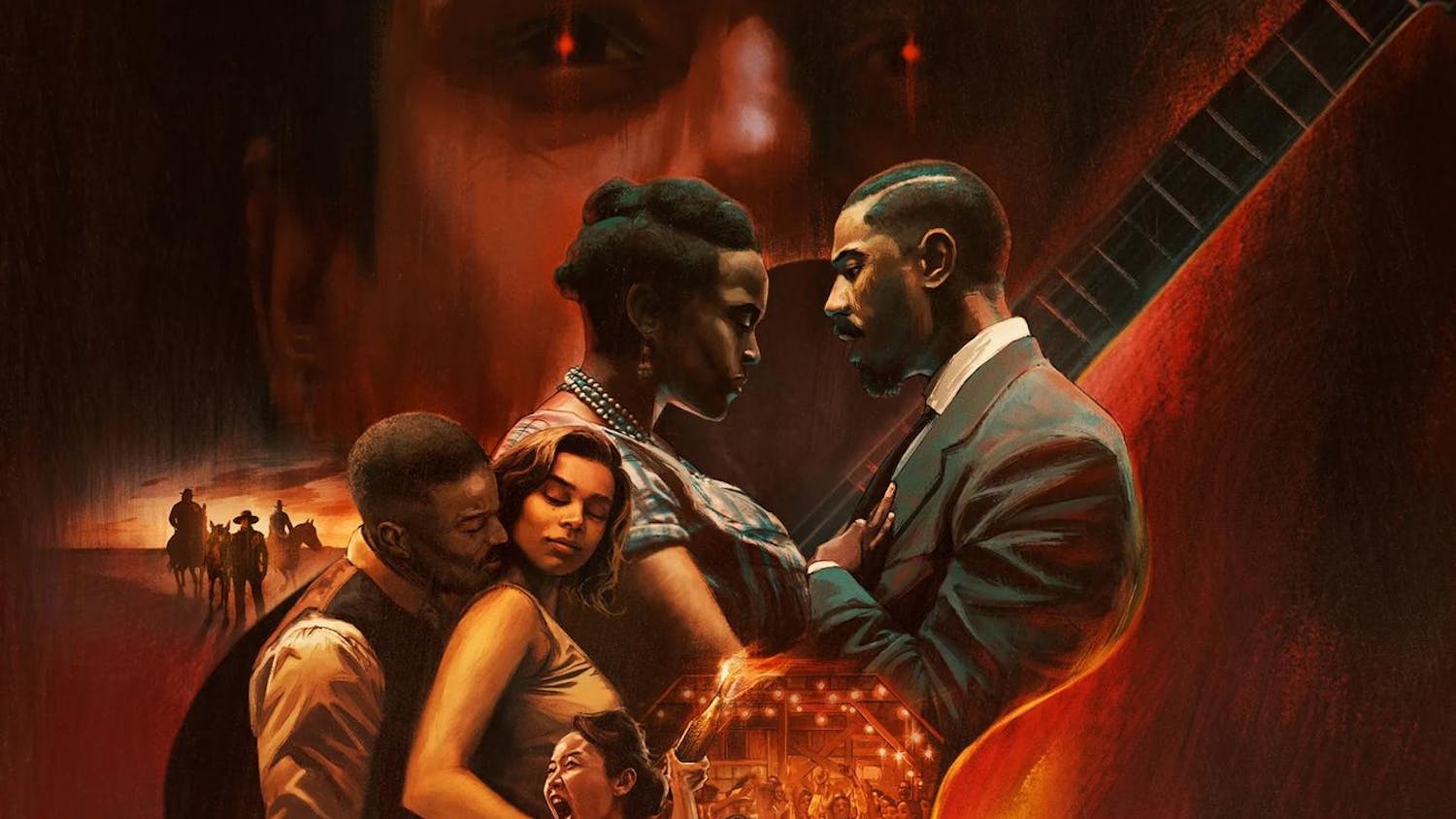On Feb. 25, 1964, the budding Cassius Clay (Eli Goree) defeated Sonny Liston to earn the title of heavyweight boxing champion in an upset victory. After Clay’s astounding win, NFL star fullback Jim Brown (Aldis Hodge) envisioned that the two would go to a luxury hotel to celebrate the victory with alcohol and women. Instead, Clay took Brown to the famed Hampton House Motel, an establishment frequented by Black celebrities during the Jim Crow era.
There, they were joined by political activist Malcolm X (Kingsley Ben-Adir) and singer-songwriter Sam Cooke (Leslie Odom Jr.). There is little record of what was actually discussed on that historic night. What is known, however, is that the next morning, Clay declared his conversion to the Nation of Islam. Shortly after, he changed his name to Muhammad Ali.
With a screenplay written by Kemp Powers, the playwright of the original one-act play about that fateful night and the co-director of Pixar’s recent “Soul”, Regina King’s directorial debut “One Night in Miami” brings a re-imagination of the momentous dialogue between the four icons to the silver screen. The result is a brilliant masterpiece that draws out captivating performances from the quartet as they debate how best to take a stand against racism and inequality in the United States.
While an effortlessly charismatic Clay — the glorious champion of the night — is hard to overlook, the central conflict in the group’s discussion occurs between Malcolm and Cooke. Malcolm, the “fire-and-brimstone” orator, insists that the fame and influence of his friends should be used to amplify the Black struggle against a white-dominated America.
Black people can no longer be subjugated, Malcolm insists: “We are fighting for our lives.” To Malcolm, Cooke’s behavior as a singer crooning frivolous ballads before white crowds (depicted in an earlier scene) is disappointing. “You’re a monkey dancing for an organ grinder to them,” he says.
Playing a record of Bob Dylan’s “Blowin’ in the Wind,” Malcolm argues that Cooke neglects to use his voice and lyrics for the cause of Black liberation. Though Powers’ direction takes creative license that departs from Cooke’s actual music career, he hones in on the existential dilemma Black artists encounter: forced to negotiate moral obligations and survival in an industry controlled by their oppressors.
However, Powers cleverly avoids taking sides. After Malcolm’s impassioned speech, Cooke responds, “You just don’t get how everything’s not so black and white.” The musician then argues that he has taken his position as a successful entrepreneur in the music industry to open up more opportunities for Black artists. “Everybody talks about getting a piece of the pie,” says Cooke. “I want the goddamn recipe.”
Amassing a 98 percent approval on Rotten Tomatoes, the film is a must-watch for its poignant back-and-forths and its culmination in a powerful, heart-wrenching end. The actors’ portrayal of the four historic figures reveals how human and vulnerable they are behind the confident, bold facades they wear for the flashing cameras.
In Ben-Adir’s stellar performance, the audience sees the carefully hidden human frailty of Malcolm X, the fear that flits past momentarily before the return of his steely gaze and the uncertainty behind his impassioned outbursts. Goree also shines as Cassius Clay. Initially, his depiction of the heavyweight boxer is that of a young, rambunctious man carried away with the spectacular result of his match. However, as “One Night in Miami” progresses, Goree demonstrates Clay’s courage and fortitude through his unapologetic words, especially during the film’s quieter moments. Odom likewise dazzles as the King of Soul. In an unforgettable scene, he belts “Chain Gang” amid thunderous foot stomps and “Hooh-hah”s.
At times, Hodge’s portrayal of Brown seems slightly underdeveloped when compared to his three co-stars. But, Hodge does have moments of his own, including a subtle reaction to off-hand racism and illuminating words throughout the quartet’s debate.
Ultimately, there is little flaw in King’s electrifying adaptation of Powers’ stage-play. The audience is bound to ruminate on “One Night in Miami” and its celebrity characters long after its end.

ADVERTISEMENT




